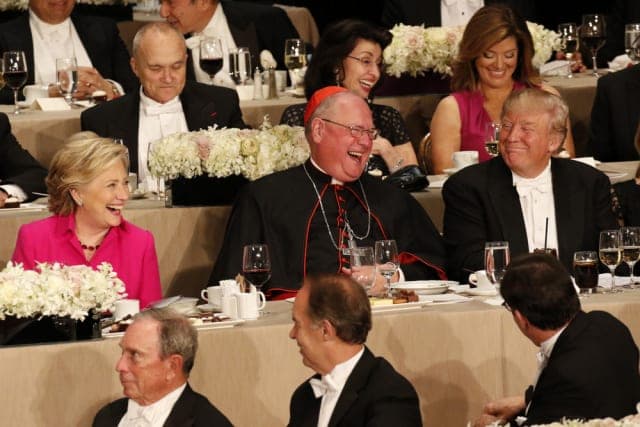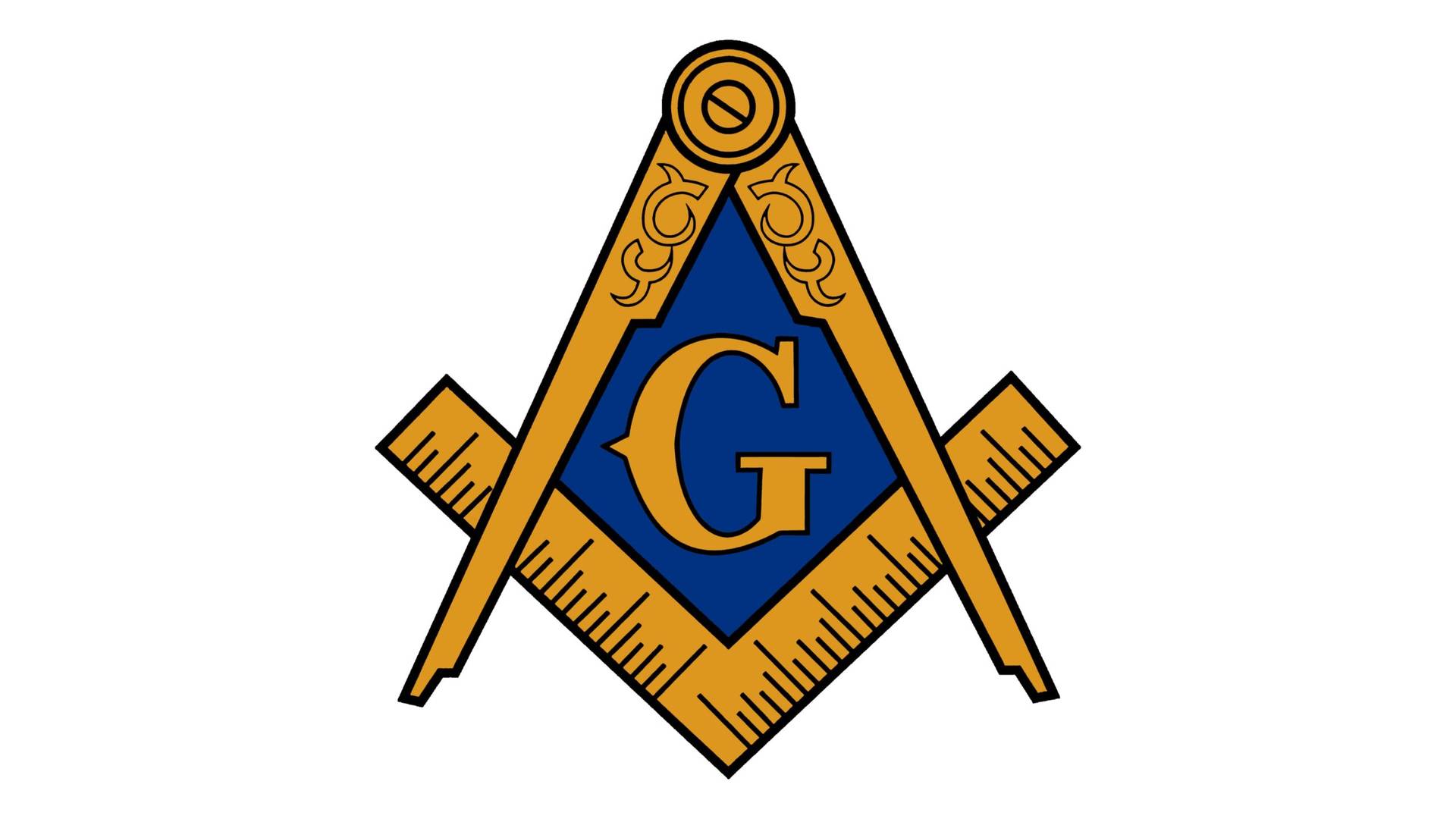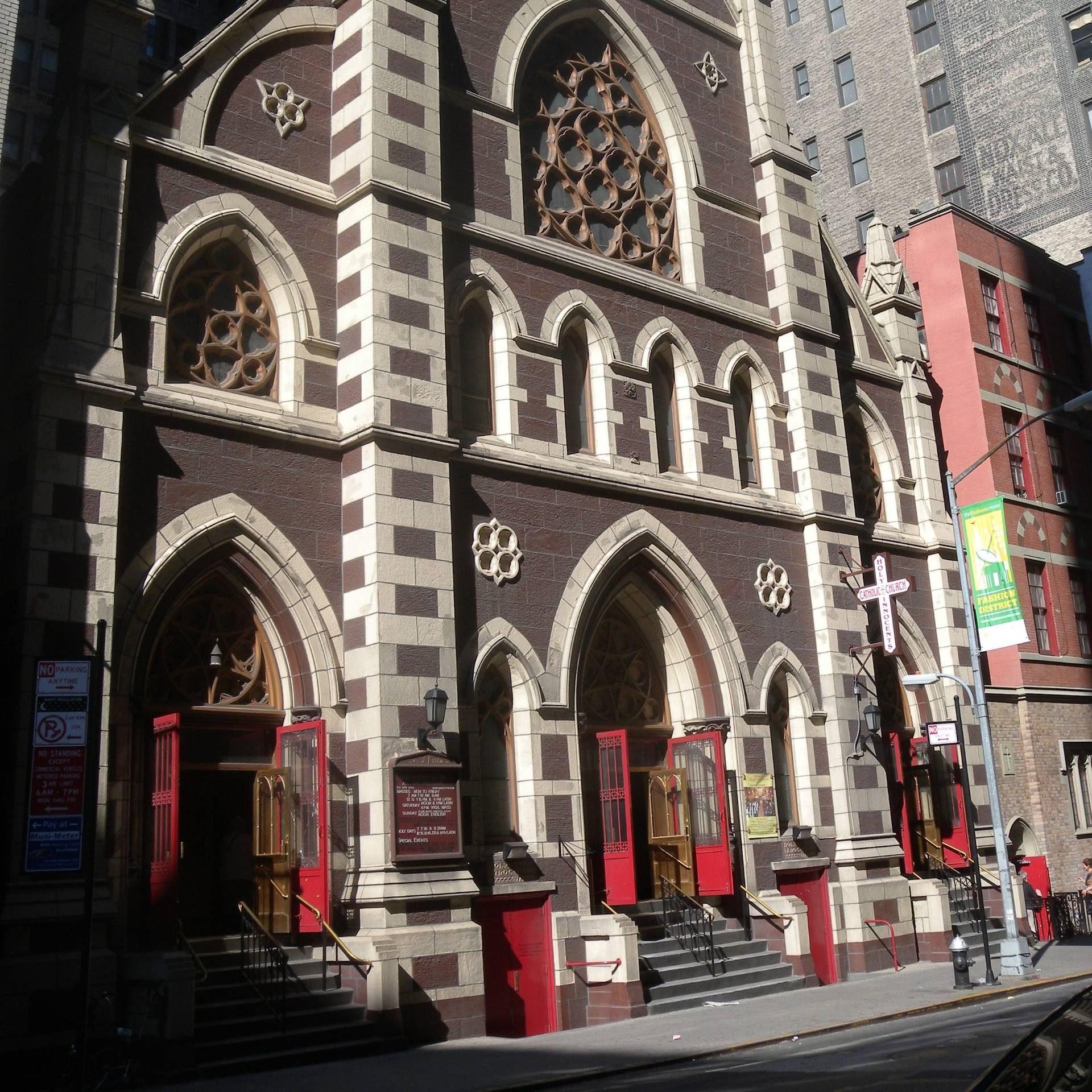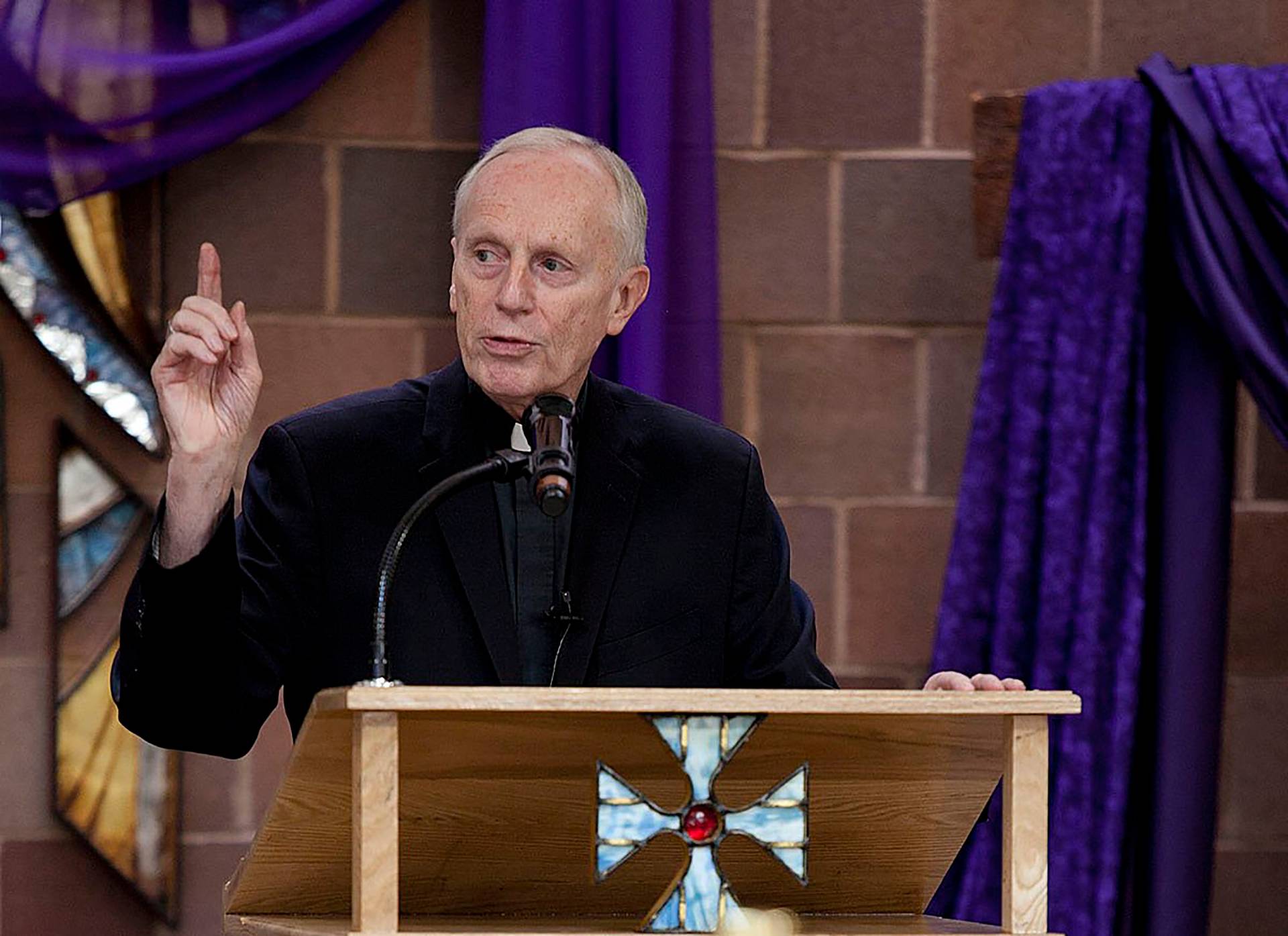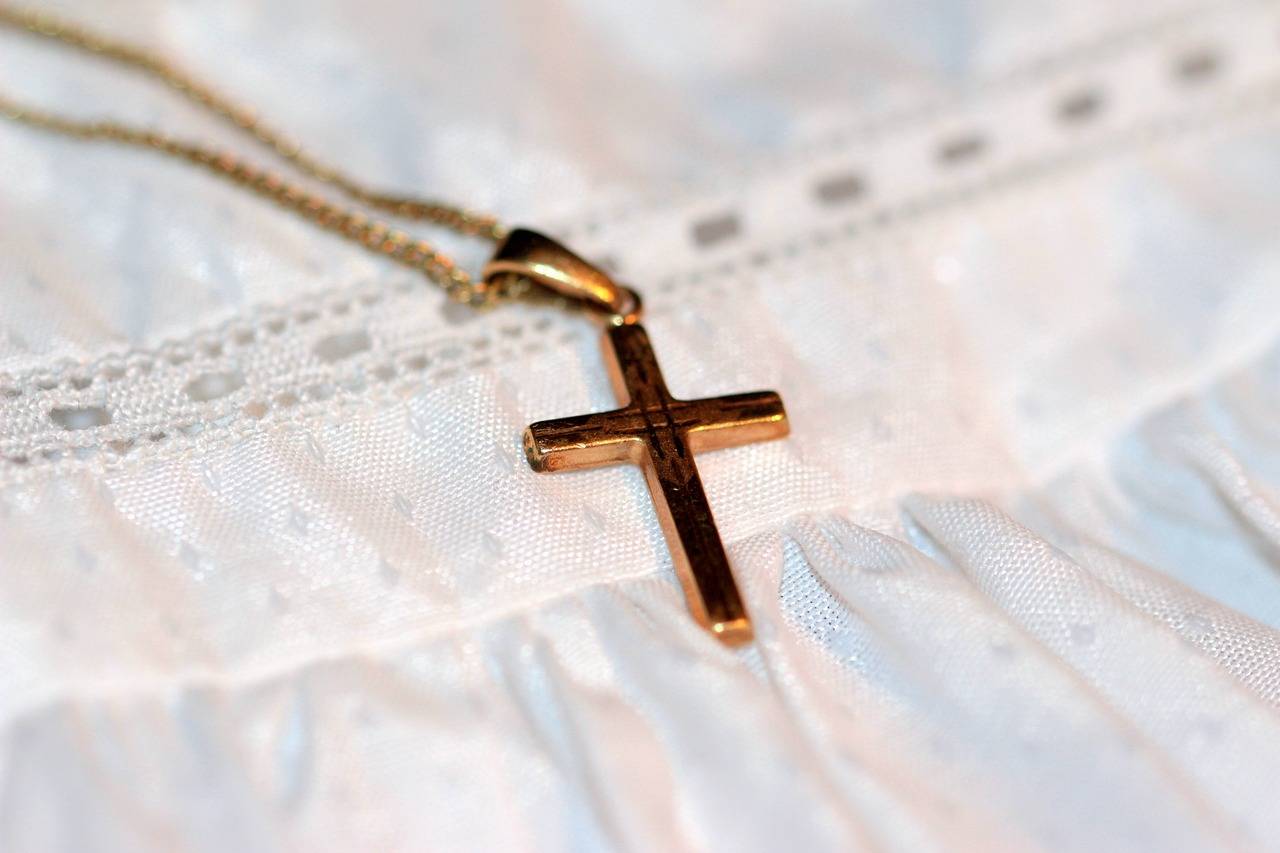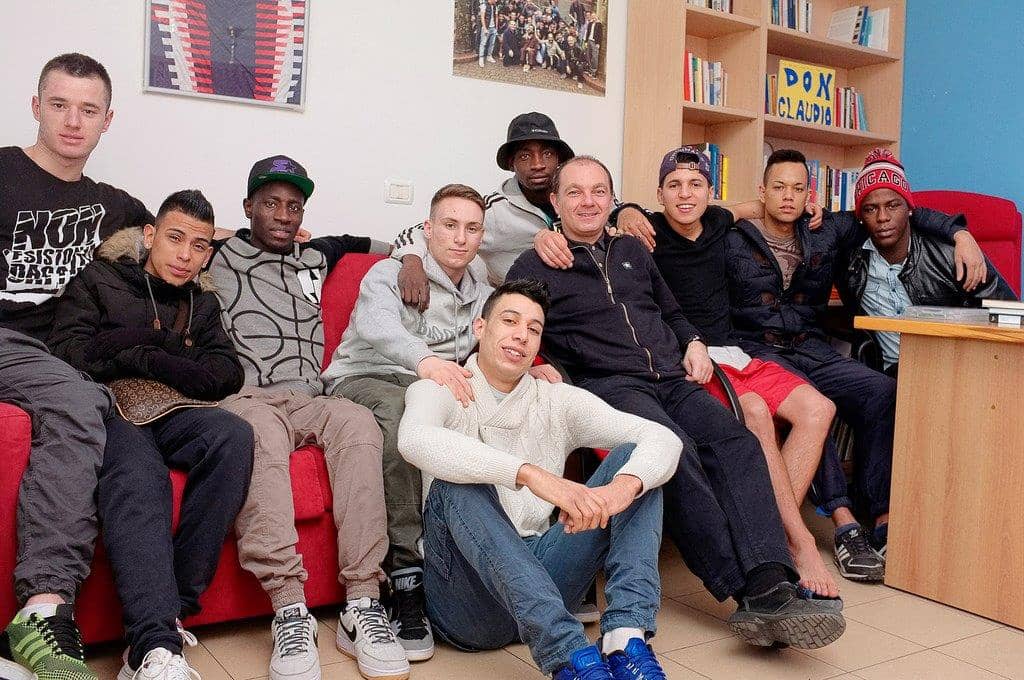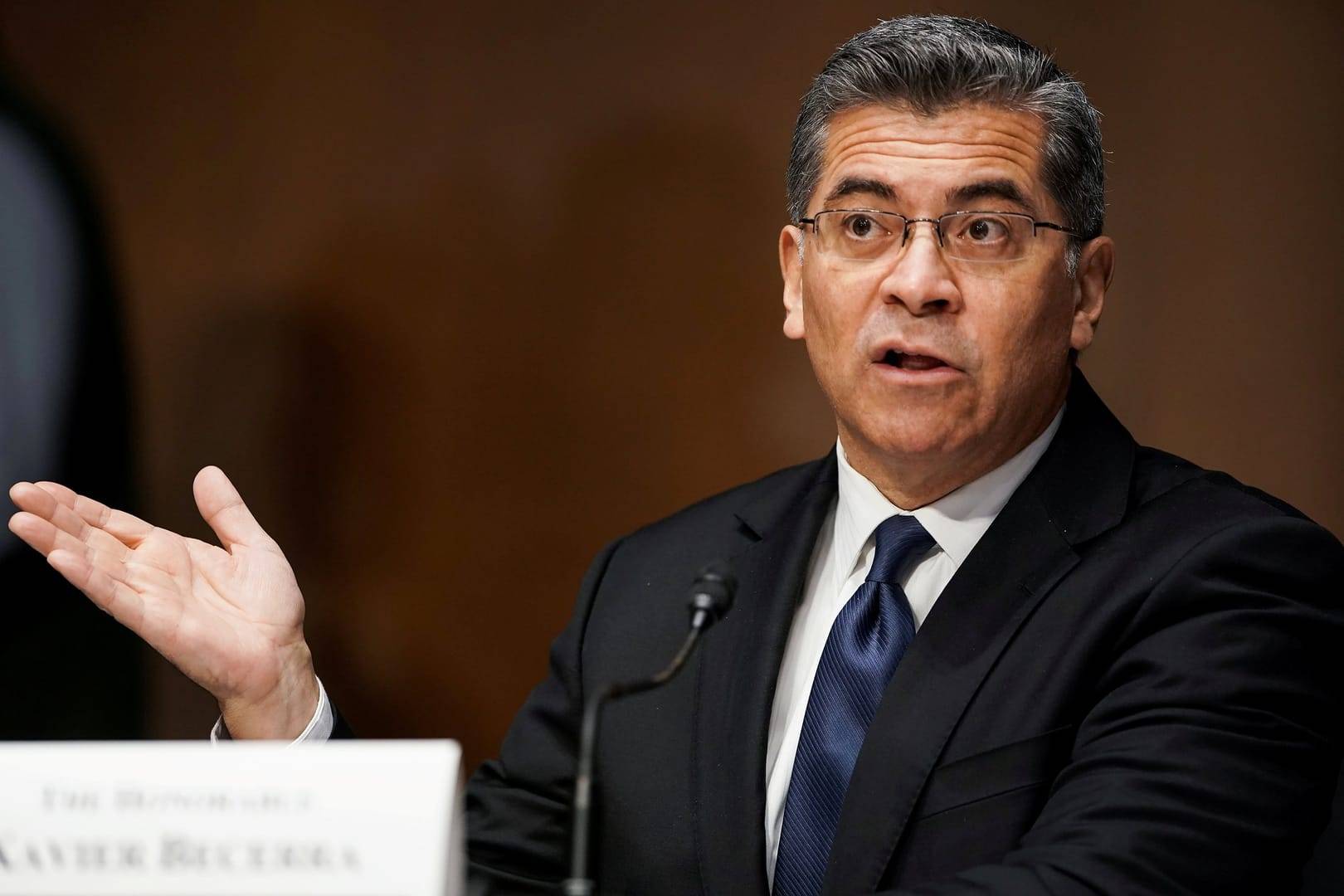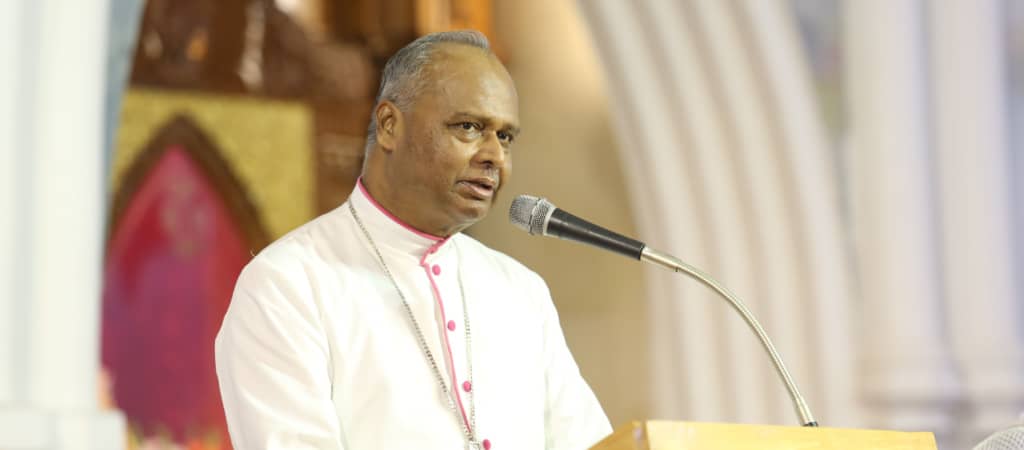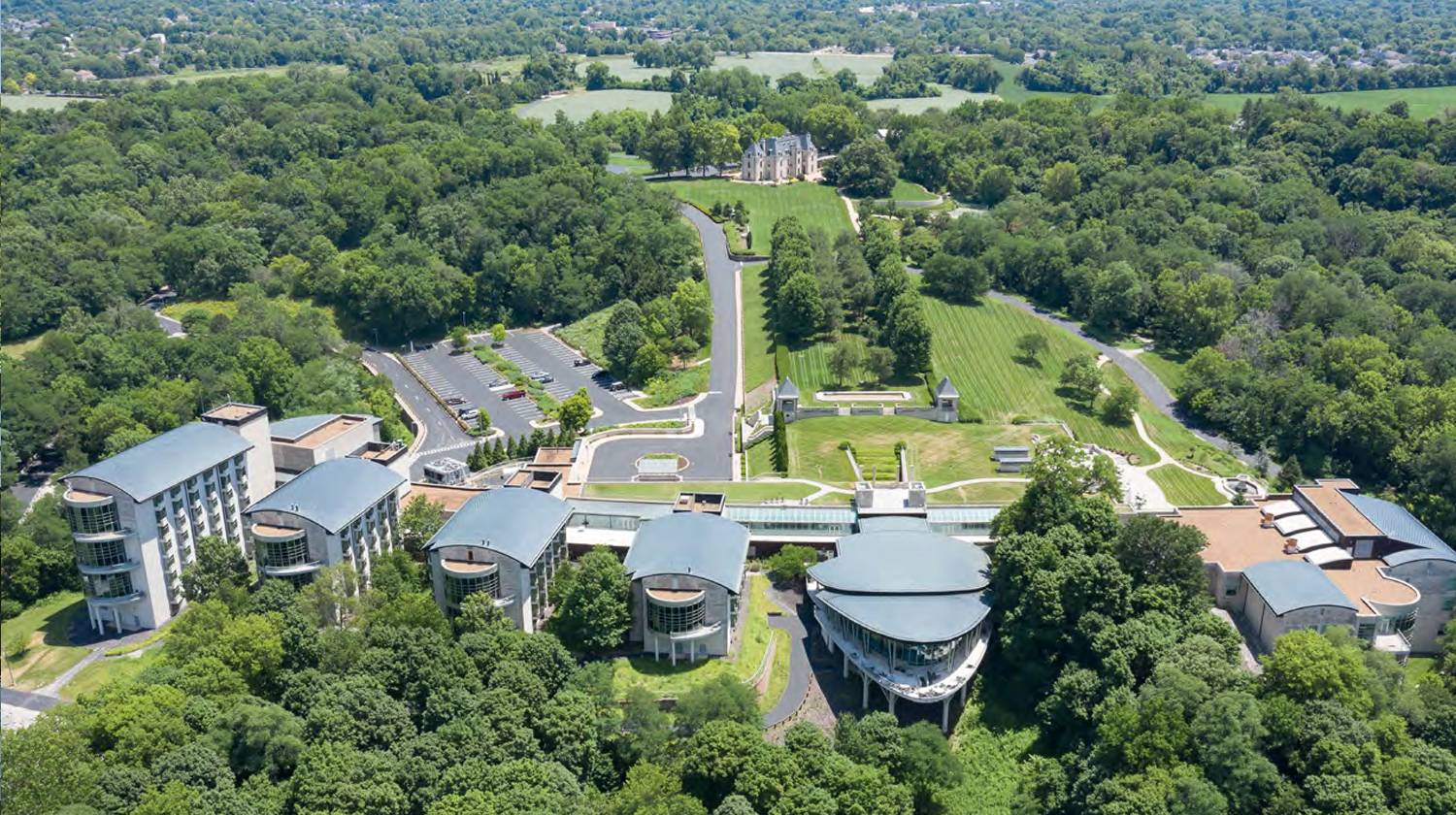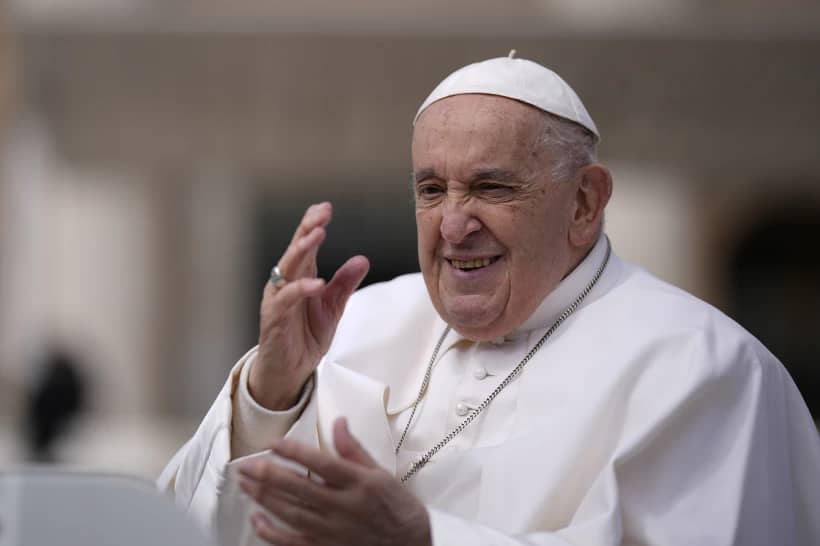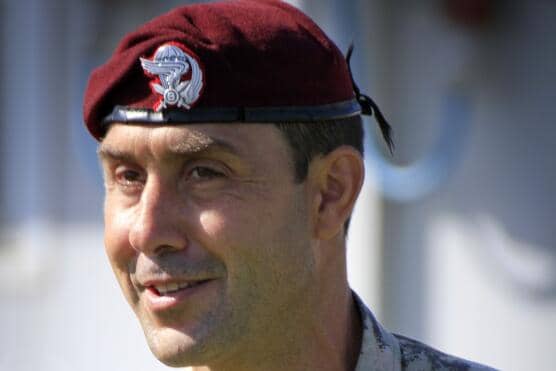In New York City, the media capital of the world, there are two high-profile figures today named Dolan, and the two men in some ways encapsulate two different versions of where American life stands in the early 21st century.
One is James Dolan, the CEO of Cablevision and effectively the owner of basketball’s New York Knicks, and the other is Cardinal Timothy Dolan, the city’s archbishop.
The Knicks’ Dolan has been much in the headlines recently, largely for internal dysfunction gripping the team as its front-office chief, Phil Jackson, is involved in a nasty and seemingly endless public spat with star player Carmelo Anthony. Many wonder why Dolan hasn’t intervened to end the crossfire.
The latest, almost unbelievable twist came Tuesday night, when former Knicks star Charles Oakley was physically ejected from Madison Square Garden and placed under arrest after being confronted by security officers. Although there are sharply different versions of what happened, it seems tensions with Dolan were part of the mix, and many suspect Dolan wanted Oakley tossed.

Sportswriters on the scene report that Oakley was shouting “Dolan did this!” as he was led away. How fair it is to blame Dolan remains to be seen, but there’s little question he’s become a symbol of a toxic situation.
To add fuel to the fire, the Knicks organization led by Dolan put out a statement on the Oakley incident saying “we hope he gets some help soon,” which many took as a gratuitous low blow.
That’s the ugly version of America today – angry, brittle, prone to insult and violent reactions at any perceived offense, with no middle ground and no possibility of an exit strategy. We see it in politics, in sports, in entertainment, even, if we’re honest with ourselves, sometimes inside the Church.
Then, there’s Cardinal Dolan, who seems determined to embody a kinder, gentler version of American possibilities.
Here’s a disclaimer: I have known Dolan since he was the rector at Rome’s North American College in the 1990s, I’ve done an interview book with him, and I consider him a friend. While that likely means I can’t speak with total objectivity, it also means I have some insight into what makes him tick.
In terms of his own personal instincts, Dolan is unquestionably what most people would regard as a “conservative.” His closest friends and advisers are conservatives, he’s by-the-book when it comes to faith and morals, and he’s unabashedly proud of being a “John Paul II bishop.”
In other words, Dolan has strong personal views which some would see as fairly partisan.
However, another defining quality of Dolan is a relentless determination to keep lines of communication open, never to demonize or alienate anyone, and to demonstrate that one can have strong convictions without forever going to war against people who don’t share them.
For instance, Dolan has come under fire for serving as Grand Marshall for New York’s annual St. Patrick’s Day Parade despite the fact that in recent years it’s allowed some pro-gay groups to march, and that the parade has also welcomed New York Mayor Bill de Blasio, who’s strongly supportive of gay rights.
Dolan’s position has been that as long as the parade committee is not openly defying Catholic faith and morals, it’s better to include people rather than exclude them.
Make no mistake: I’ve never met anyone in more than 20 years of covering the Catholic Church more firmly supportive than Dolan of traditional Catholic teaching on the nature of marriage as a lifetime union between a man and a woman. What’s at issue is not how committed somebody is to the teaching, but how Church leaders should engage people who think differently.
Similarly, Dolan has drawn criticism for continuing to host the Al Smith Dinner, which draws the presidential candidates of both major parties to a gala event raising money for Catholic Charities. Some deeply faithful Catholics believe that by welcoming Barack Obama in 2008 and 2012, or Hillary Clinton in 2016, Dolan legitimized the pro-contraception and pro-abortion rights positions of those candidates.
Once again, you’ll never find a more firmly pro-life prelate than Dolan. Despite the backlash, he’s defended the dinner.
“The event is great and nothing can ruin it,” Dolan said on his radio show. “In my mind, it’s America and the church at their best.”
What’s behind all this? A passage from my 2009 book with Dolan, People of Hope, may help explain things.
“My dad was a very upbeat guy, with a tremendous sense of humor, who would always see the best in people. The kind of people that others didn’t get along with, he liked. It was almost like he wanted to give them a chance … Dad’s philosophy of life was that if you can get somebody on a lawn chair, outside on a Sunday, while he was doing pork steaks in the barbeque pit, listening to Harry Caray and the Saint Louis Cardinals in the background with a bottle of Busch, you could win over anybody. There’s nobody that if you eyeball, and really start talking to … rare would be the person with whom you could not find common ground.”
In other words, Cardinal Dolan suggests another America, one in which people who disagree can still be friends, still talk to one another, still recognize one another’s fundamental decency, and where disputes don’t have to end in shoving matches and handcuffs.
As a Catholic, I can’t help feeling a fair degree of pride about which Dolan is the archbishop.
